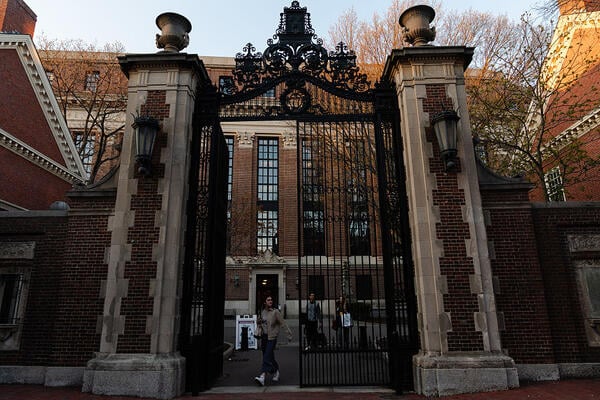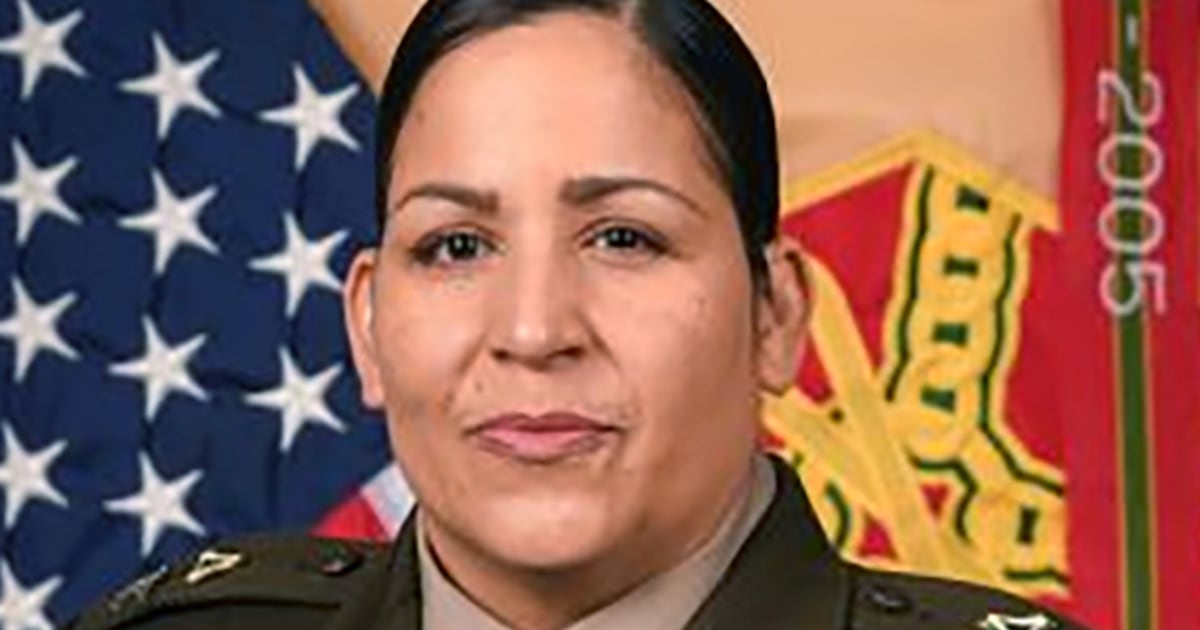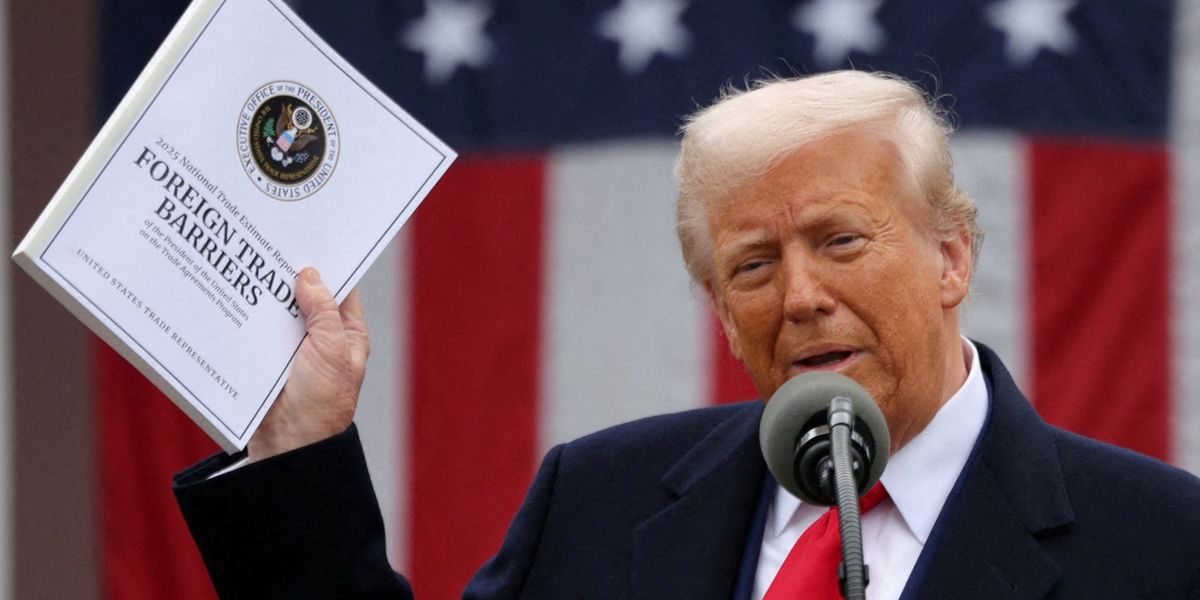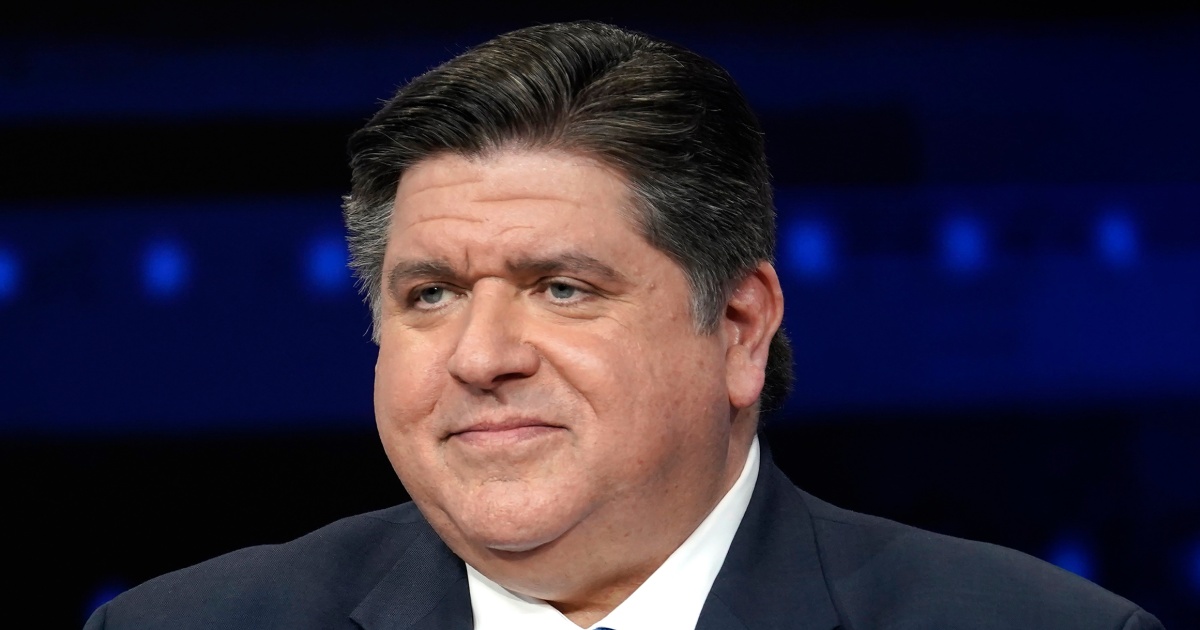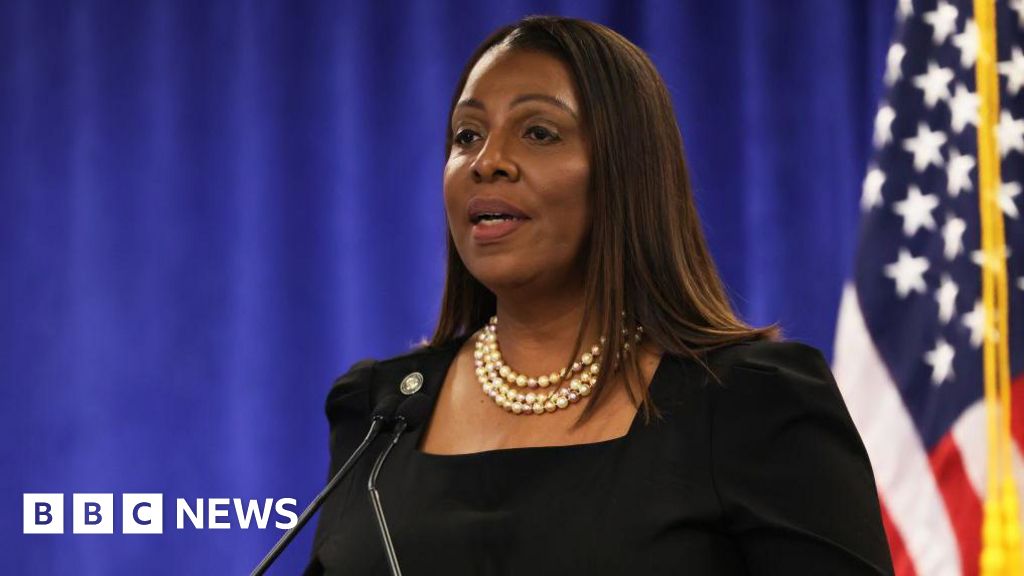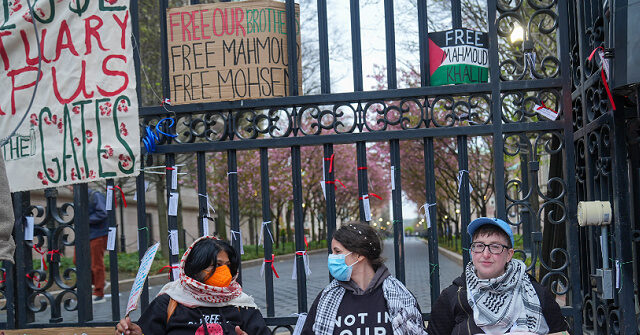Supreme Court to Hear Parental Rights Cases on Education and Religious Freedom

The Supreme Court is set to consider two significant cases this month that underscore the contentious debates surrounding parental rights in education. These cases reflect a growing trend of parents challenging educational policies they deem inappropriate for their children, particularly in relation to sexual content and religious beliefs. The cases include one from Maryland, where parents seek to opt their children out of a collection of sexually explicit storybooks, and another from Oklahoma, where parents are advocating for the establishment of a Catholic virtual charter school.
The first case, Mahmoud v. Taylor, stems from Montgomery County, Maryland, where a group of parents has taken legal action against the local school boards decision to introduce a series of books known as Pride Storybooks. This collection, comprising approximately 20 titles, is intended for the county's youngest students, from pre-K to eighth grade. However, the books not only celebrate Pride parades but also delve into complex topics such as gender transitioning and the contemporary discussions surrounding pronoun preferences. Many parents have expressed grave concerns regarding the appropriateness of these topics for young children and worry about the potential indoctrination of their kids.
Parents from various faith backgrounds, including Catholicism, Eastern Orthodox Christianity, and Islam, have united in their objections to these materials, arguing that they contradict their religious teachings. They desired the option to withdraw their children from exposure to this curriculuma request that was turned down by the school board. Frustrated by this rejection, these parents approached the court, asserting that the ability to protect their children from what they consider radical ideologies is a fundamental right.
Initially, the district court ruled against the parents, stating they could not demonstrate that the school boards no-opt-out policy infringed upon their religious freedoms. This decision was upheld by a divided panel from the Fourth Circuit Court last May, which concluded that since there was no evidence of coercion, the policy did not pose a burden on their right to exercise religion. While many might have been disheartened after losing twice in federal court, these parents remained resolute and successfully appealed to the Supreme Court to review their case.
The Supreme Court has a history of being a steadfast ally for parental rights, particularly when it comes to the education and religious upbringing of children. For instance, in a landmark ruling in 2020, the Court invalidated Montanas No-Aid provision that prohibited public funding to religious schools. Chief Justice John Roberts emphasized the enduring American tradition of parents directing the religious upbringing of their children, a sentiment echoed by Justice Samuel Alito.
In support of the Montgomery County parents, a coalition of 39 amici curiae filed briefs, enlarging the voice of those advocating for the right to shield their children from educational content that conflicts with their family values. Notably, the Trump administration has also voiced its support for the parents, contrasting sharply with the Biden administrations perceived hostility towards parents advocating against progressive educational ideologies. The Court is scheduled to hear oral arguments in this case on April 22.
The second case revolves around a similar struggle for parents in Oklahoma, where many are unable to afford private religious school tuition, leaving them to navigate a system they feel does not represent their values. The Archdiocese of Oklahoma City and the Diocese of Tulsa aimed to address this issue by establishing the St. Isidore of Seville Catholic Virtual School as a charter school. However, the Oklahoma Statewide Virtual Charter School Board initially approved the charter, only for the states Attorney General, Gentner Drummond, to intervene. The Oklahoma Supreme Court subsequently ruled in a split decision that the charter schools establishment violated both state and federal law, declaring it unconstitutional under current interpretations of the law.
This ruling raised eyebrows as it seemingly disregarded the ongoing discussions surrounding religious rights and educational freedom. As noted, the Attorney General and state supreme court may not have been fully attuned to recent Supreme Court rulings that advocate for religious educational options. For instance, in 2022, the Court ruled that excluding religious schools from public educational funds constituted discrimination. The Court's majority opinion, delivered by Chief Justice Roberts, highlighted the unfairness of financing private education while excluding religious institutions.
The ongoing legal challenges highlight a critical juncture for educational policy in America, particularly as it relates to religious freedom and parental rights. The Supreme Court has continually affirmed the importance of religious liberties in educational contexts, and it appears that a significant number of parents are unwilling to accept policies that they believe infringe upon these rights any longer. With their cases now gaining traction in the highest court, there is hope that a favorable outcome could reshape parental rights in the educational landscape.








